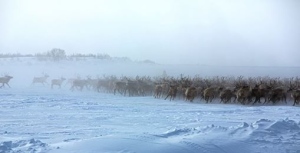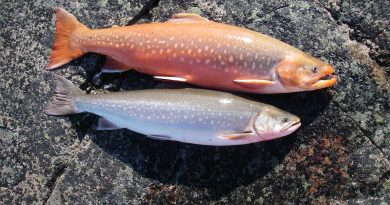Record low 2022 Antarctic sea ice sparked emperor penguin breeding collapse:study
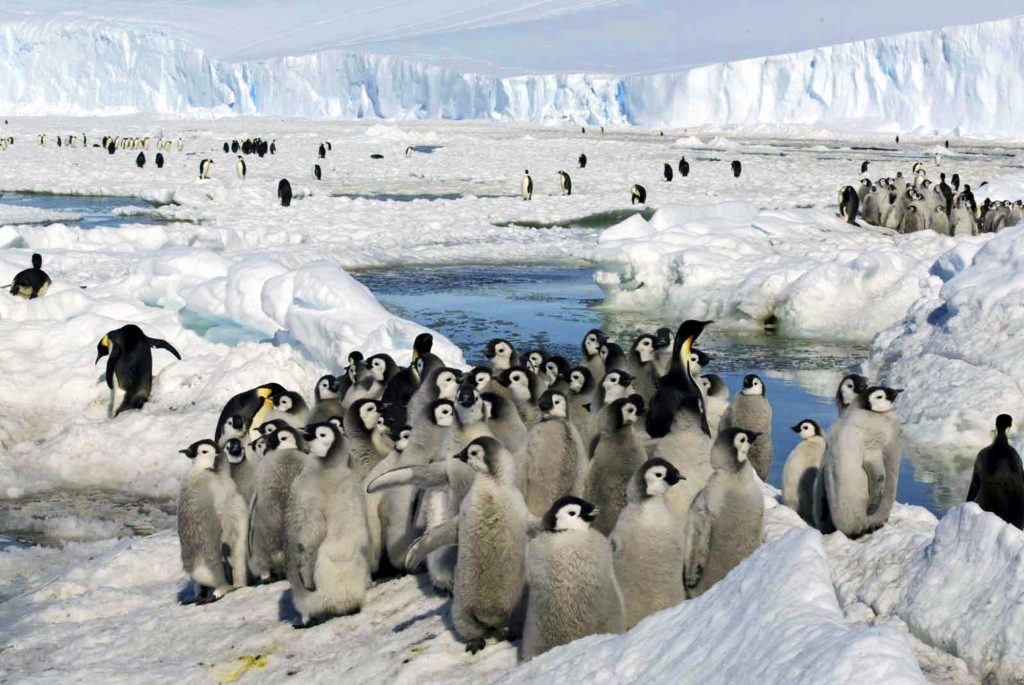
The record low 2022 Antarctic sea ice in the central and eastern Bellingshausen Sea sparked the first recorded incident of wide-spread breeding failures amongst the area’s emperor penguin population, says new research published Thursday.
The paper, published in the journal Communications Earth & Environment, revealed a strong likelihood that four out of five emperor penguin colonies in that sea region experienced no chick survival.
“We have never seen emperor penguins fail to breed, at this scale, in a single season,” Peter Fretwell, the study’s lead author, said in a statement. “The loss of sea ice in this region during the Antarctic summer made it very unlikely that displaced chicks would survive.
“We know that emperor penguins are highly vulnerable in a warming climate – and current scientific evidence suggests that extreme sea ice loss events like this will become more frequent and widespread.”
The study was done by looking at satellite imagery of the region to identify the presence of the penguins.
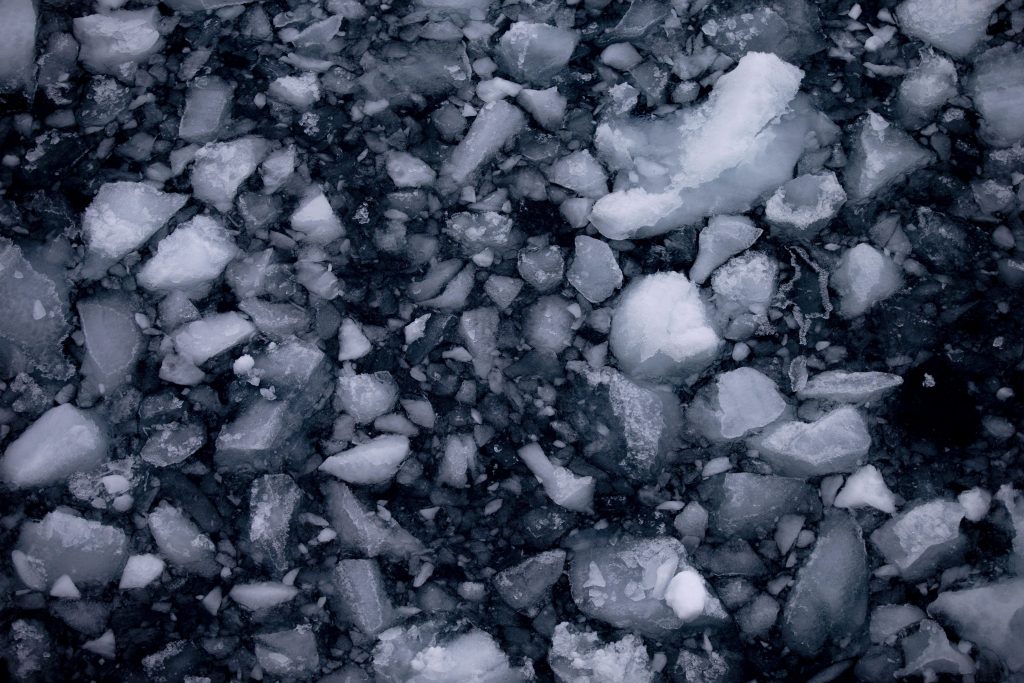
The information collected from August to the end of September 2022 was examined by hand to pinpoint the number of birds at the five colony sites.
They found that three of the colonies had been abandoned at the start of the fledgling period, the time when young penguins start to become more independent from their parents, had been abandoned due to lack of sea ice.
A fourth colony, just outside of the area, was also found to have been abandoned between October 29 and November 8. Conditions in the region also suggest this was due to lack of sea ice.
Importance of ice habitat
The emperor penguin relies on sea ice for every stage of its life cycle.
Land fast ice, ice that is attached to land, or to the bottom of the ocean, is the bird’s platform for reaching feeding grounds, and required for its breeding and molting periods.
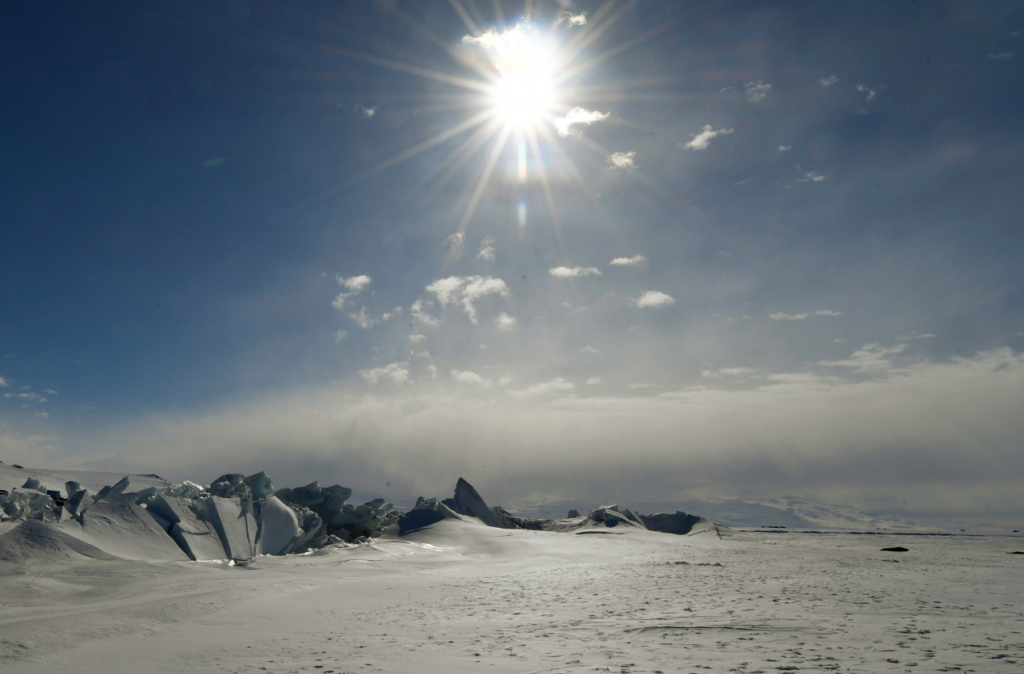
The birds gather at their breeding sites in March and April, lay eggs in May and June, and then wait 65 days for the eggs to hatch
Sea ice is also the place were chicks fledge during the months of December and January.
But Antarctica is increasingly experiencing extreme events including the 2022 heatwave in East Antarctica and the lowest Antarctic sea ice extent recorded on February 25, 2022.
“Over the past seven years, sea ice around Antarctica has decreased significantly,” the British Antarctic Survey said.
“By the end of December 2022, sea ice extent was the lowest experienced in the 45-year satellite record. In the Bellingshausen Sea, the home of the penguin colonies in this study, sea ice didn’t start to re-form until late April 2023.”
More research needed
Caroline Holmes, a polar climate scientist at the British Antarctic Survey, said more research is needed to better understand how human activity was interacting with natural atmospheric patterns like El Niño-Southern Oscillation, the southern hemisphere jet stream, and regional low-pressure systems.
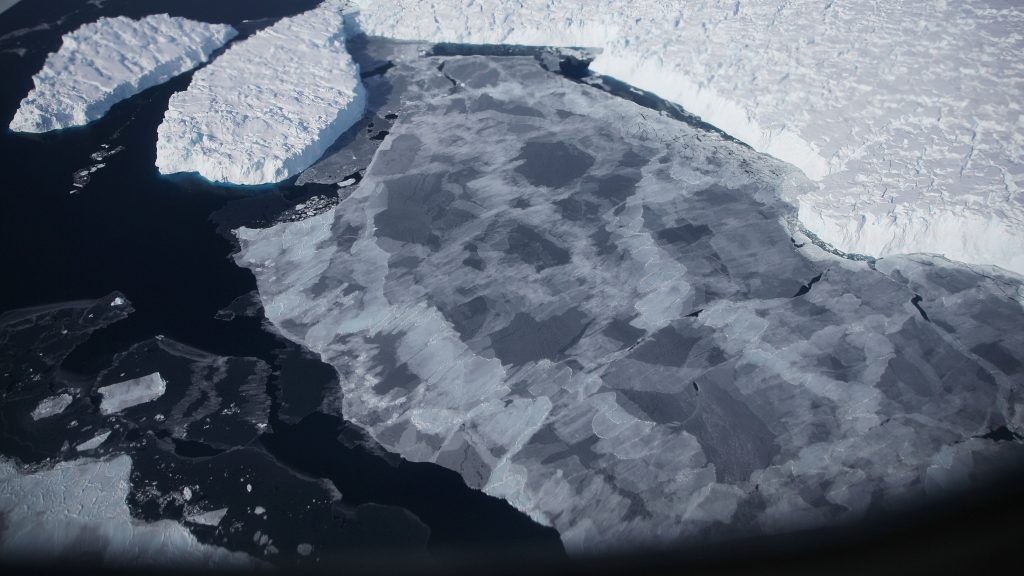
“We’ll need years of targeted observations and modelling to know precisely how much the current conditions are being influenced by these phenomena and by natural ocean variability,” she said.
“However, the recent years of tumbling sea ice records and warming of the subsurface Southern Ocean point strongly to human-induced global warming exacerbating these extremes.”
“Connection between sea ice loss and ecosystem annihilation”
Jeremy Wilkinson, a sea ice physicist at British Antarctic Survey, said the research was yet another alarm bell on how the changing climate is affecting life at the poles.
“This paper dramatically reveals the connection between sea ice loss and ecosystem annihilation,” Jeremy Wilkinson, a sea ice physicist at British Antarctic Survey, said.
“Climate change is melting sea ice at an alarming rate. It is likely to be absent from the Arctic in the 2030s – and in the Antarctic, the four lowest sea ice extents recorded have been since 2016.
“It is another warning sign for humanity that we cannot continue down this path, politicians must act to minimise the impact of climate change. There is no time left.”
Comments, tips or story ideas? Contact Eilís at eilis.quinn(at)cbc.ca
Related stories from around the North:
Canada: Hot and dry July saw temperature records topple in the Yukon, CBC News
Greenland: Alarming, above-average ice loss in Greenland due to rising temperatures, Eye on the Arctic
Norway: Polar heat record. July average above 10°C, The Independent Barents Observer
Sweden: High risk of wildfires in many parts of Sweden, including North, Radio Sweden
United States: Bursting ice dam in Alaska highlights risks of glacial flooding around the globe, The Associated Press

